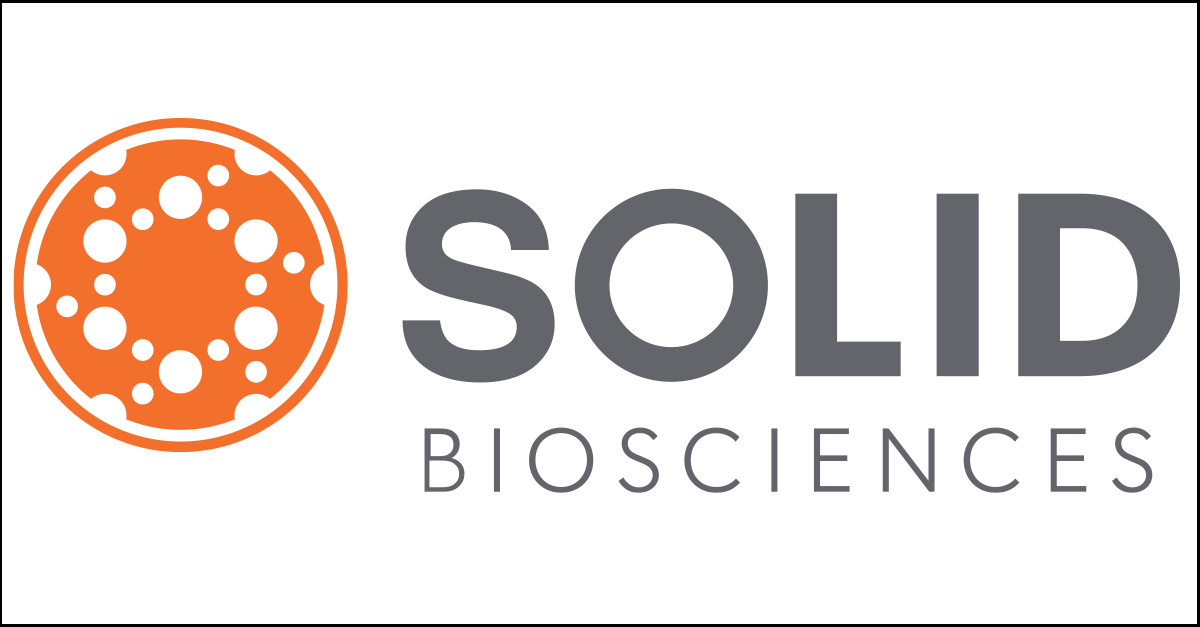
Solid Biosciences has shared an update from IGNITE DMD, an ongoing Phase I/II clinical trial evaluating its gene therapy candidate SGT-001 in participants with Duchenne, as well as developments for the company’s next generation gene therapy pipeline initiative SGT-003.
SGT-001 is an adeno-associated virus (AAV) mediated gene transfer that contains a shortened version of the dystrophin gene (microdystrophin). The microdystrophin transgene in SGT-001 has been designed to produce a functional microdystrophin protein in skeletal and cardiac muscles.
SGT-003 is Solid’s next-generation Duchenne microdystrophin gene transfer program that utilizes a rationally designed AAV-based vector, which differs from the AAV9 vector used in SGT-001, to deliver the same nNOS containing microdystrophin transgene that is incorporated into SGT-001.
This programs are sponsored by Solid Biosciences.
The News
IGNITE DMD Phase I/II Clinical Trial for SGT-001
Solid continues to work to advance SGT-001, noting that the ninth participant was dosed in the IGNITE DMD study in November 2021 utilizing Solid’s updated risk mitigation strategy and second-generation manufacturing process. The company plans to continue dosing in 2022, employing these strategies to enhance participant safety. Solid looks forward to sharing additional microdystrophin expression data via immunofluorescence and Western blot, as well as functional, pulmonary, and patient reported outcomes data from the clinical trial in the first half of this year.
Pre-Clinical Data on SGT-003
Solid has also shared pre-clinical data on SGT-003, its next-generation Duchenne microdystrophin gene transfer program that utilizes a rationally designed AAV-based vector to deliver the same proprietary and differentiated nNOS containing microdystrophin construct that is incorporated into SGT-001.
Solid reports that the additional data on SGT-003 demonstrates increased protein expression and more targeted biodistribution compared to AAV9 in DMD mdx mice. The data reflected multiple-fold increases in skeletal and cardiac muscle biodistribution with decreased levels in the liver to ultimately improve safety.
The company expects to initiate IND-enabling studies and work closely with its manufacturing partner in 2022 to support an Investigational New Drug (IND) submission in early 2023.
Additional Information
Read Solid’s:



 by: Parent Project Muscular Dystrophy
by: Parent Project Muscular Dystrophy

